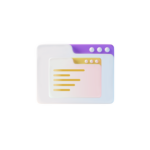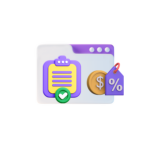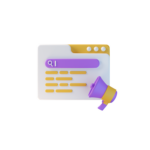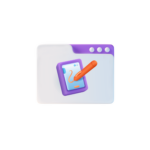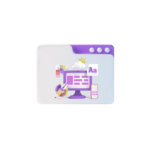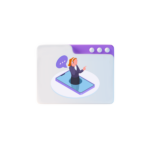Title: Optimizing Your Website with cPanel Tools: Performance and SEO Strategies
In the dynamic world of the internet, a well-optimized website is crucial for success. Whether you’re running an e-commerce platform, a blog, or a personal website, the user experience, speed, and search engine visibility are essential for attracting and retaining visitors. Fortunately, cPanel, a popular web hosting control panel, provides several tools to help you optimize your website’s performance and SEO. Here, we’ll explore some strategies to ensure your website thrives in both speed and search engine rankings.
-
Optimize Your Homepage: Your homepage should load quickly to capture visitors’ attention. cPanel’s Optimize Website feature automatically optimizes your homepage, improving its loading time by compressing images, minifying CSS and JavaScript, and combining files.
-
Improve Site Speed: A slow site can drive away potential visitors. To ensure your site is speedy, check your site’s performance with cPanel’s PHP Version Manager and Cloudflare. Choose the latest, fastest PHP version and use Cloudflare to deliver content from multiple data centers worldwide, reducing the distance between the server and the user.
-
Enable GZIP Compression: GZIP compression reduces the size of the content sent from your server to the visitor’s browser. With cPanel, you can enable GZIP compression through the Softaculous Application Installer. Look for the "Advanced Options" before installing your software and check the GZIP box.
-
Implement Content Delivery Network (CDN): A CDN delivers content to users from servers closer to them, significantly improving website speed. cPanel integrates well with popular CDN services like Cloudflare, MaxCDN, and Amazon CloudFront, making it easy to implement.
-
Optimize Images: Large images can slow down your website. cPanel’s File Manager or ImageManager allows you to optimize your images for the web by reducing their file size without losing quality.
-
Minify and Combine Files: Minifying JavaScript, CSS, and HTML files removes unnecessary characters, reducing the size of the files. Combining multiple files also helps improve website speed. This can be done using the File Editor in cPanel.
-
Enable Caching: Caching stores static versions of dynamic pages, reducing the time required to generate and send the pages to the users. cPanel provides several caching options, such as Redis, Memcached, and Joomla! Cache.
-
SEO Features: cPanel offers several tools to help with SEO, such as the Website Optimization (SEO & Marketing Tools) section, which includes tools for XML sitemap creation, search and replace text, and custom 404 error pages to help with SEO and user experience.
-
Instructor Resource Usage: Regularly educador your resource usage to ensure your site doesn’t slow down due to excessive consumption. cPanel’s Resource Usage feature can help you track your resource usage, and if necessary, you can use Disk Usage and Files to remove unnecessary files or move them to another location.
- Security: Website security is crucial for maintaining user trust and SEO rankings. cPanel provides several security tools, such as Imunify360, Leech Protection, and SSL Manager to help protect your website from threats and vulnerabilities.
By implementing these cPanel tools and strategies, you can create a fast, secure, and SEO-friendly website that delivers an excellent user experience, attracting and retaining visitors while improving search engine rankings.

